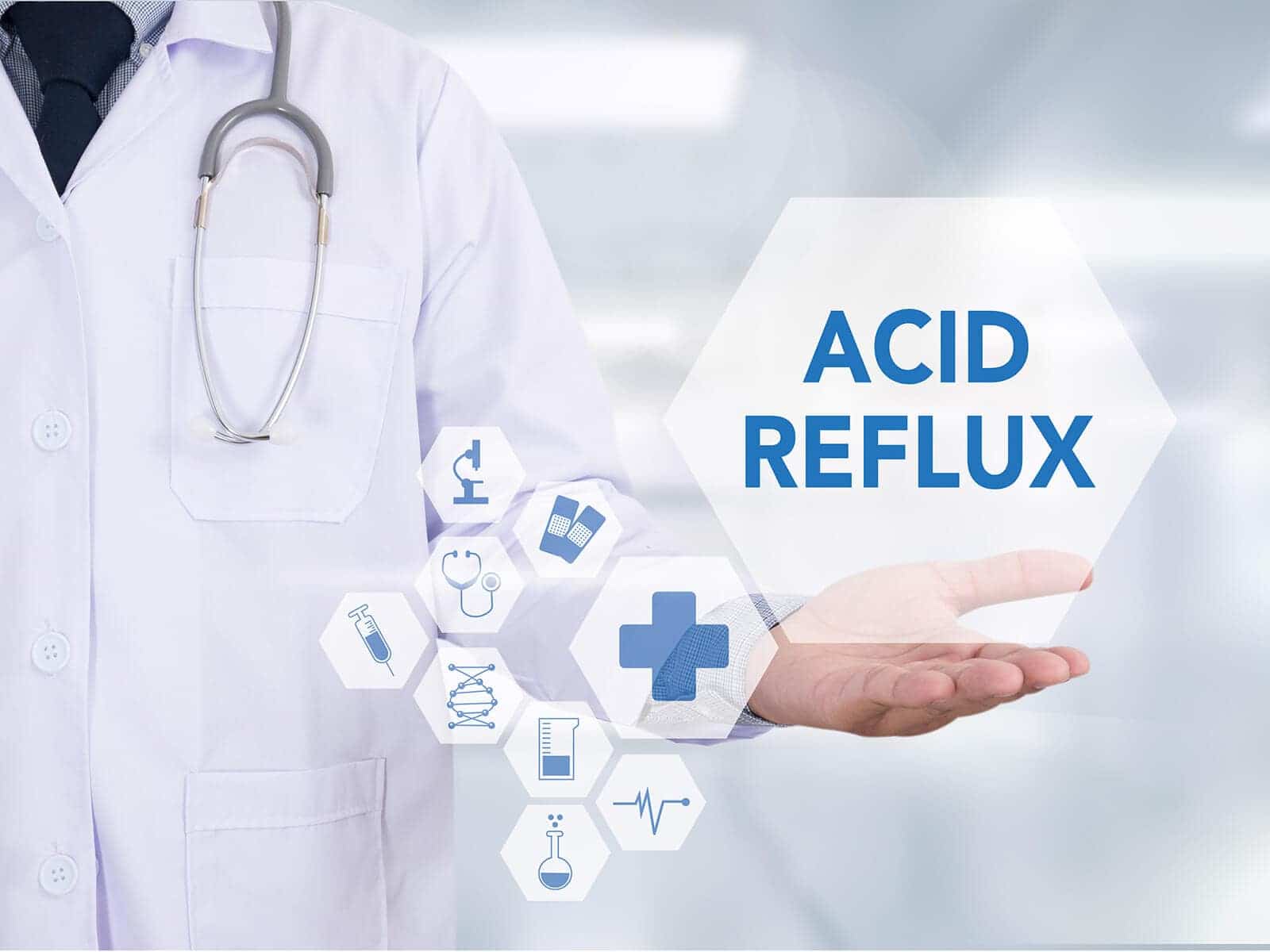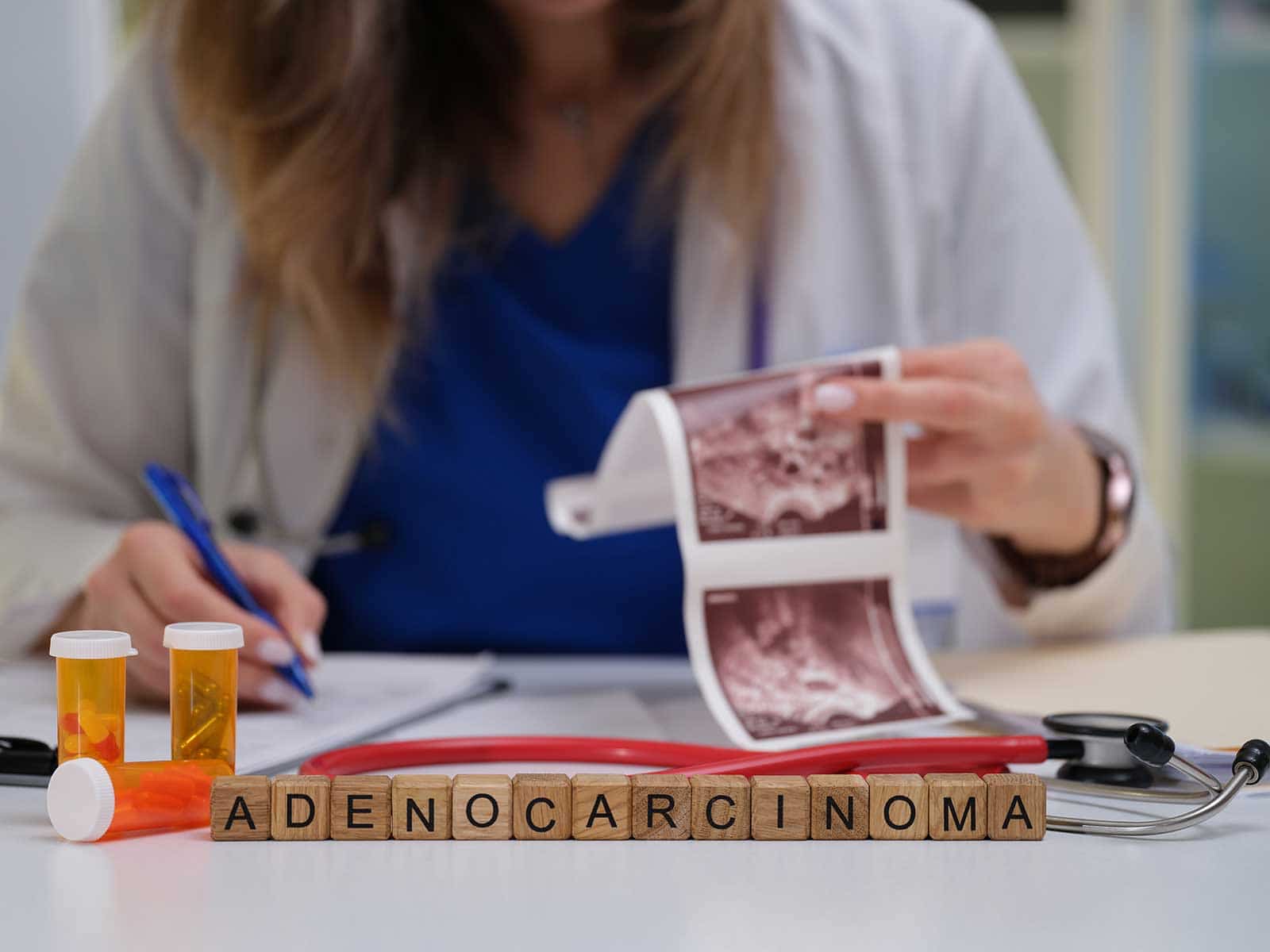In our abdominal pain service, we provide assessment, special care and a sense of caring to your pain or attempting to make you feel better.
Read More

In our abdominal pain service, we provide assessment, special care and a sense of caring to your pain or attempting to make you feel better.
Read More
Our abdominal distension service is a specialized one where we detect the root causes, administer the specific treatments and relieve the body of the uncomfortable bloating.
Read More
CT gastrointestinal tract imaging identifies and assesses abnormalities through scanning that is noninvasive and accurate.
Read More
Our Abnormal Liver Function Studies, enzymes is the quantification of the enzyme to indicate liver disease or damage.
Read More
In the cases when the liver functioning tests show unnatural results, our experts scan, recommend and treat the case.
Read More
Tests of Abnormal Weight Loss reveal the malicious causes of unexplainable weight loss and provides a personal choice of treatment.
Read More
Acid reflux program provides individuals with some treatment, lifestyle advice, and relief program.
Read More
Timely diagnosis and treatment of acute blood-loss anemia makes patients regain their strength and health rather fast.
Read More
Pancreatitis Acute service is dedicated to providing timely diagnosis and comprehensive care and treatment of patients that will help to reduce the inflammation.
Read More
Acute posthemorrhagic anemia comes after significant blood loss, and our team, which is committed, identifies the levels of the blood and restores their quantities.
Read More
We specialize in the delivery of patient-focused care by providing early diagnosis and custom-made treatment programs to adenocarcinoma.
Read More
The colorectal area is particularly easy and accurate with screening of adenoma and has the potential to identify benign tumors at an earlier stage and provides the patient with confidence.
Read MoreGastrointestinal (GI) conditions include acid reflux (GERD), irritable bowel syndrome (IBS), Crohn’s disease, ulcerative colitis, celiac disease, constipation, diarrhea, and more. Our specialists diagnose and treat a wide range of digestive disorders.
If you experience frequent symptoms such as bloating, abdominal pain, acid reflux, constipation, or diarrhea, it’s recommended to see a gastroenterologist for evaluation and diagnosis.
You should consult a gastroenterologist if you experience persistent digestive issues, blood in stool, unexplained weight loss, severe abdominal pain, or difficulty swallowing.
Common diagnostic procedures include endoscopy, colonoscopy, stool tests, breath tests, imaging scans (CT/MRI), and lab work to assess digestive function.
Some GI conditions, like Crohn’s disease, ulcerative colitis, and celiac disease, have genetic components, meaning they can run in families. However, environmental and lifestyle factors also play a role.
Maintaining a healthy diet, staying hydrated, exercising regularly, managing stress, and avoiding smoking and excessive alcohol consumption can help prevent digestive issues.